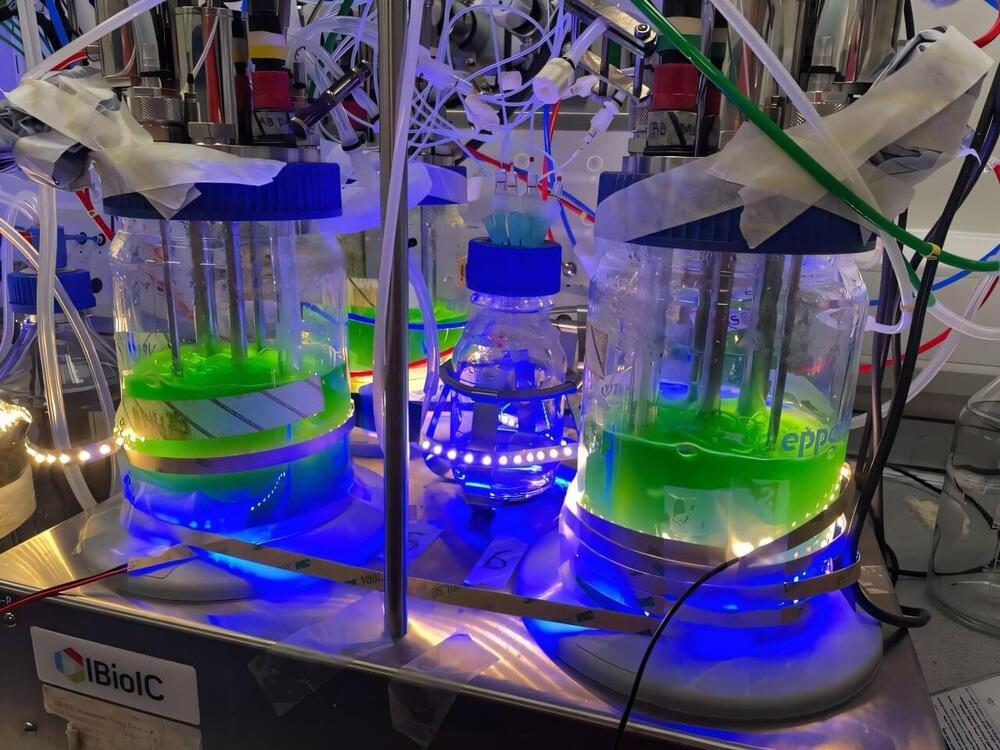Scientists at The University of Manchester have achieved a significant breakthrough in using cyanobacteria—commonly known as “blue-green algae”—to convert carbon dioxide (CO2) into valuable bio-based materials.
Their work, published in Biotechnology for Biofuels and Bioproducts, could accelerate the development of sustainable alternatives to fossil fuel-derived products like plastics, helping pave the way for a carbon-neutral circular bioeconomy.
The research, led by Dr. Matthew Faulkner, working alongside Dr. Fraser Andrews, and Professor Nigel Scrutton, focused on improving the production of citramalate, a compound that serves as a precursor for renewable plastics such as Perspex or Plexiglas. Using an innovative approach called “design of experiment,” the team achieved a remarkable 23-fold increase in citramalate production by optimizing key process parameters.









Leave a reply